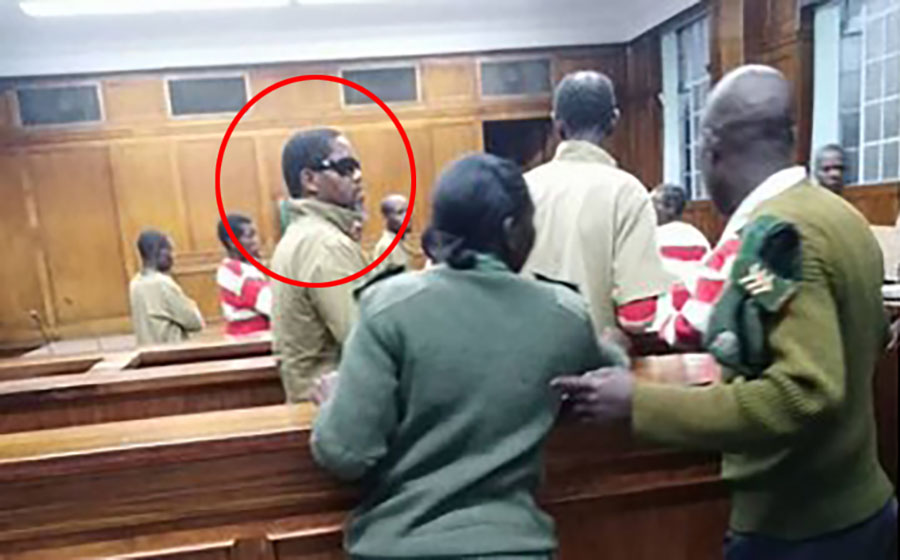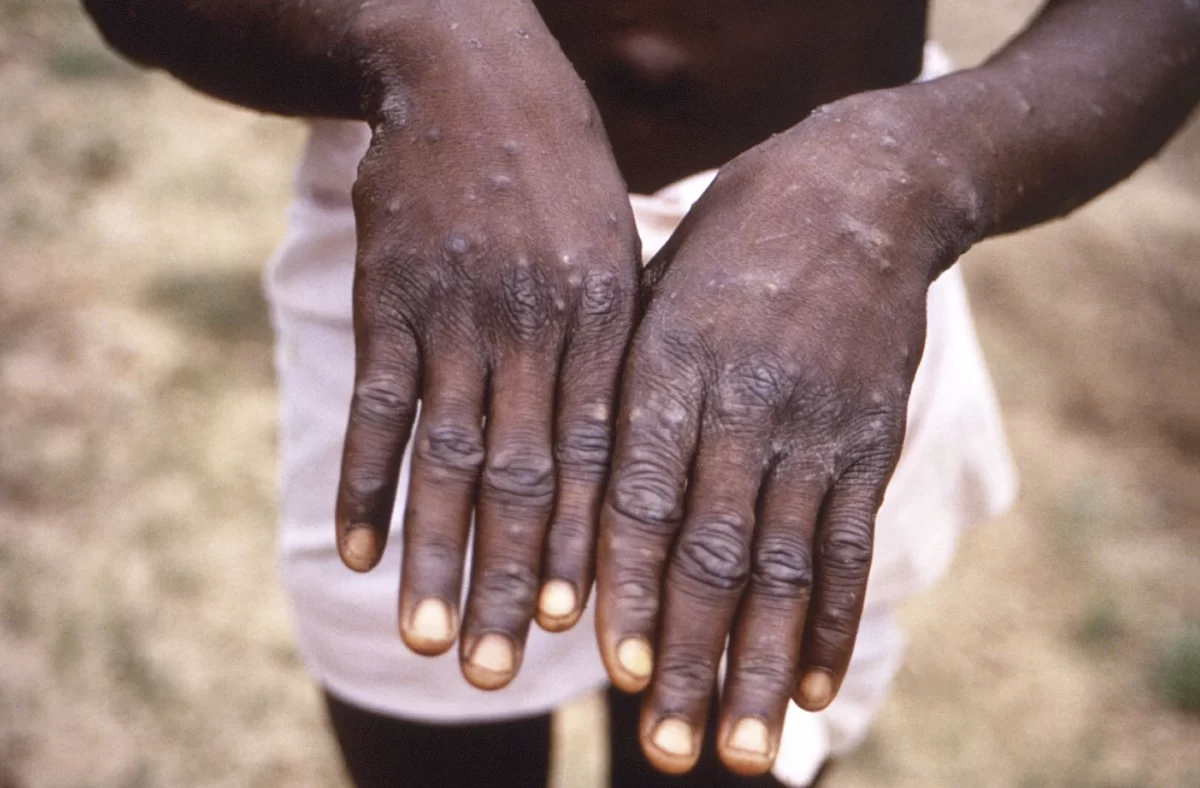BULAWAYO – Lawyers for jailed Ntabazinduna chief Felix Nhlanhlayamangwe Ndiweni and 23 villagers on Monday filed an appeal following their conviction for malicious damage to property on August 15.
Ndiweni was sentenced to 24 months’ imprisonment, of which six months was conditionally suspended while the 23 villagers were sentenced to 24 months’ imprisonment but spared jail after a magistrate ordered them to perform 525 hours of community service.
Through their lawyers Mathonsi Ncube Law Chambers, the 23 villagers only appealed their conviction while Ndiweni is appealing against both conviction and sentence.
In papers filed at the Bulawayo High Court, the lawyers argue that the 23 villagers were effecting the order of a traditional court when they destroyed the hedge of a woman accused of adultery.
“The court a quo erred in failing to appreciate that Ndebele culture and customary law empowered 1st applicant (Chief Ndiweni) to banish out of his jurisdiction any subject convicted of a customary offence,” the lawyers argued.
The lawyers said the 24, believing that they were carrying out lawful actions, had no intention of wrongdoing that constitutes a crime.
In their appeal against sentence for Chief Ndiweni, the lawyers said the trial magistrate Gladmore Mushove erred in not opting for community service – which sentencing guidelines say must be strongly explored where suspects are sentenced to two years or less.
Mushove sent Ndiweni to jail after ruling that his moral blameworthiness was high.
But the lawyers say the fact that the destroyed property is worth just ZW$300 (about US$30) should have factored in the sentencing.
The lawyers are also questioning the magistrate’s finding that the use of fire and axes during the destruction of the fence was an aggravating factor.
“… no evidence was led to show that fire was used and that the axe used to enforce the order of the court,” and an axe used in the incident was “only but a tool not a weapon as alleged by the court,” the lawyers said.
The lawyers are asking for the court to set aside the convictions and in the case of Ndiweni to also set aside his sentence. If the conviction is upheld, the lawyers want his sentence to be reduced to a fine.
The 53-year-old Ndiweni worked as an auditor for Waltham Forest town council in England up until five years ago when he returned home to take over the chieftaincy following the death of his father, the paramount Ndebele chief Khayisa Ndiweni.
His supporters say his trial was politically motivated and an attempt to silence Ndiweni, who has been openly critical of President Emmerson Mnangagwa’s government.
He sided with white landowners whose property had become overrun by supporters of the ruling Zanu PF.
Riot police intervened to break up protesters as his sentence was announced.
Human rights lawyer David Coltart who is also a senior member of the MDC party said Chief Ndiweni was “unjustly incarcerated.”
“I’ve no doubt that this prosecution and sentence of 18 months imprisonment is a direct result of his principled stance against injustice perpetrated by the brutal and corrupt Mnangagwa regime,” Coltart said.
The jailed chief has vocally supported Western sanctions on Zimbabwe, and accused Mnangagwa of presiding over human rights abuses during the Gukurahundi massacre in the 1980s.
A day before his arrest, Ndiweni shared a video on Twitter urging people to participate in peaceful anti-government protests.
Tribal chiefs are the immediate form of government for Zimbabweans who live on communal lands. The institution of traditional leadership continues to operate alongside modern state structures, sometimes resulting in conflict with the mainstream justice system.
In July, Vice President Kembo Mohadi said the government had given a directive that magistrates should not summon traditional chiefs over decisions taken at the traditional courts.
“We have had chiefs complaining that they are being dragged to the Magistrates’ Courts after they have made their decisions at traditional courts,” Mohadi told a meeting with chiefs from the Midlands province in Gweru. “I met with Chief (Fortune) Charumbira (president of the Chiefs Council) over the issue and after that I discussed the matter with President (Emmerson) Mnangagwa and there is now a directive that it should never happen again. You are being looked down upon (by being summoned to the Magistrates’ Courts) and we don’t want that.”
















